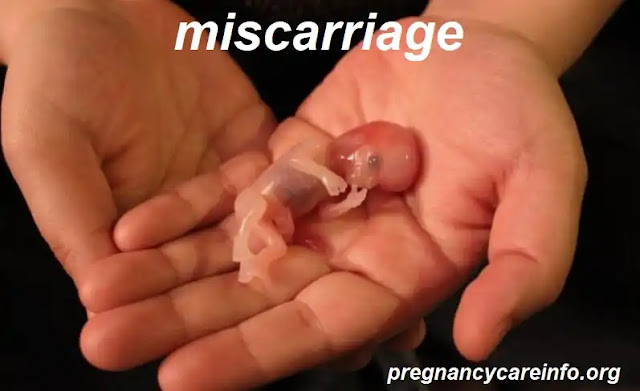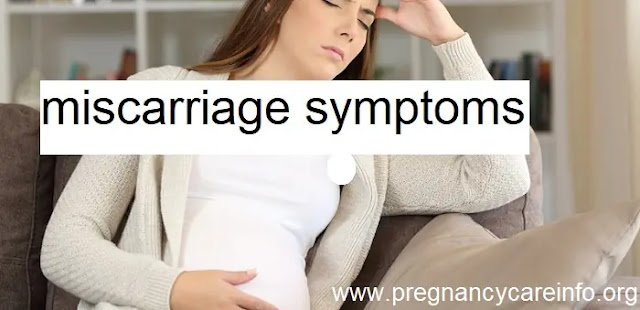Understanding Miscarriage
All you need to know about Miscarriage
Miscarriage is a term used for a pregnancy that ends on its own, within the first 20 weeks of gestation. The medical terms used to identify this potential complication or loss give most women an uncomfortable feeling, so throughout this article, we will refer to this type of threatened complication or pregnancy loss under 20 weeks as a miscarriage. Now let's know more about Miscarriage Signs and Symptoms
Miscarriage is the most common type of pregnancy loss, according to the American College of Obstetricians and Gynecologists (ACOG). Studies reveal that anywhere from 10-25% of all clinically recognized pregnancies will end in miscarriage. Chemical pregnancies may account for 50-75% of all miscarriages. This occurs when a pregnancy is lost shortly after implantation, resulting in bleeding that occurs around the time of her expected period.
The woman may not realize that she conceived when she experiences a chemical pregnancy. Most miscarriages occur during the first 13 weeks of pregnancy. Pregnancy can be such an exciting time, but with the great number of recognized miscarriages that occur, it is beneficial to be informed about miscarriage, in the unfortunate event that you find yourself or someone you know faced with one.
Why Do Miscarriages Occur?
The reason for miscarriage is varied, and most often the cause cannot be identified. During the first trimester, the most common cause of miscarriage is chromosomal abnormality – meaning that something is not correct with the baby’s chromosomes. Most chromosomal abnormalities are the cause of a damaged egg or sperm cell or are due to a problem at the time that the zygote went through the division process. Other causes of miscarriage include (but are not limited to):
- Hormonal problems, infections or maternal health problems
- Lifestyle (i.e. smoking, drug use, malnutrition, excessive caffeine and exposure to radiation or toxic substances)
- Implantation of the egg into the uterine lining does not occur properly
- Maternal age
- Maternal trauma
- Factors that are not proven to cause miscarriage are sex, working outside the home (unless in a harmful environment) or moderate exercise.
Miscarriage Signs and Symptoms Warning Signs
If you experience any or all of these symptoms, it is important to contact your health care provider or a medical facility to evaluate if you could be having a miscarriage:
- Mild to severe back pain (often worse than normal menstrual cramps)
- Weight loss
- White-pink mucus
- True contractions (very painful happening every 5-20 minutes)
- Brown or bright red bleeding with or without cramps (20-30% of all pregnancies can experience some bleeding in early pregnancy, with about 50% of those resulting in normal pregnancies)
- Tissue with clot like material passing from the vagina
- A sudden decrease in signs of pregnancy
Miscarriage Signs and Symptoms Prevention
Since the cause of most miscarriages is due to chromosomal abnormalities, there is not much that can be done to prevent them. One vital step is to get as healthy as you can before conceiving to provide a healthy atmosphere for conception to occur.
- Exercise regularly
- Eat healthily
- Manage stress
- Keep weight within healthy limits
- Take folic acid daily
- Do not smoke and Do not drink alcohol
- Do not smoke or be around smoke
- Limit or eliminate caffeine
- Keep your abdomen safe
- Check with your doctor before taking any over-the-counter medications
- Avoid environmental hazards such as radiation, infectious disease, and x-rays
- Avoid contact sports or activities that have risk of injury
Emotional Treatment for a Miscarriage
Unfortunately, miscarriage can affect anyone. Women are often left with unanswered questions regarding their physical recovery, their emotional recovery, and trying to conceive again. It is very important that women try to keep the lines of communication open with family, friends, and health care providers during this time.
For more information watch this video :

